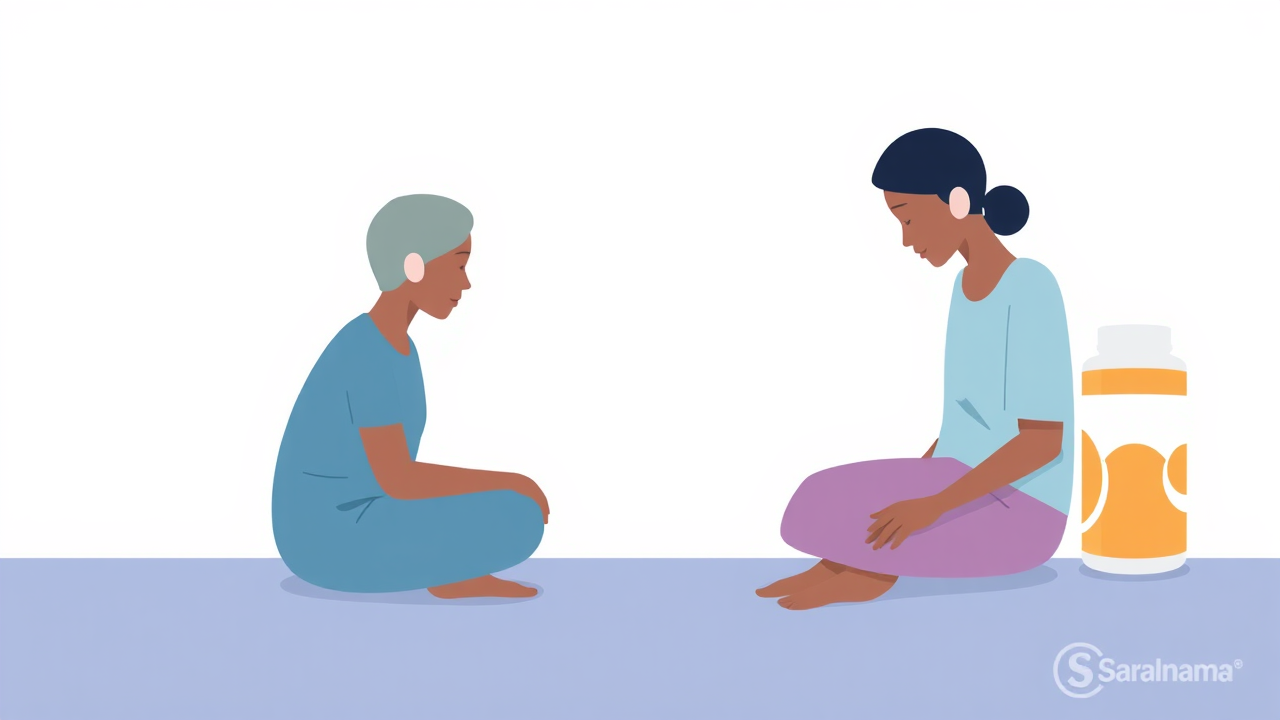India currently has around 25.5 million tuberculosis (TB) patients, according to the National Tuberculosis Elimination Programme and Ministry of Health data. TB is an infectious disease caused by Mycobacterium tuberculosis bacteria. While it primarily targets the lungs, causing coughing, chest pain, and blood in sputum, it can also affect kidneys, spine, and brain, leading to back pain, joint issues, or meningitis. Standard TB treatment requires a combination of antibiotics taken consistently for six to nine months. Missing doses or stopping treatment early allows surviving bacteria to develop resistance, creating drug-resistant TB that demands stronger medications with more side effects and longer treatment duration, sometimes extending up to three years. Complete adherence to prescribed doses is essential, as incomplete treatment can lead to relapse, increased contagion risk to others, severe lung damage, and potentially fatal complications.

Why Skipping TB Medicines Creates Dangerous Complications
When tuberculosis medicines are not taken regularly or the full course is incomplete, bacteria survive and become resistant to standard drugs, causing drug-resistant TB. This condition is significantly harder and longer to treat, requiring stronger medicines with more severe side effects. In some cases, intravenous medication becomes necessary, and treatment can extend up to three years. Patients may need to restart paperwork at government DOT centres and obtain new TB cards. The infection can return stronger, damaging lungs further and slowing recovery. Incomplete therapy leads to relapse and life-threatening complications. Pulmonologists emphasize that proper sleep, adequate rest, and a high-protein diet support recovery alongside timely medication adherence.
Source: Link
